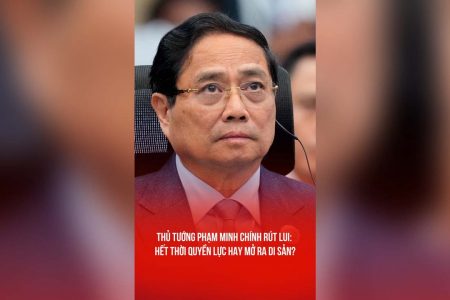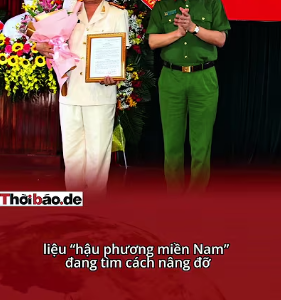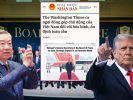
Closer defense ties between Japan and Vietnam could have an impact on regional security but not to the extent of provoking China, two experts told BBC News Vietnamese.
The helicopter carrier JS Kaga and the destroyer JS Murasame of the Japan Maritime Self-Defense Force, along with 581 officers and crew, visited Vietnam’s Cam Ranh port on November 5-7.
The two ships conducted a drill with Dinh Tien Hoang frigate of the Vietnamese Navy.
In September, visiting Hanoi, Japanese Defense Minister Kishi Nobuo signed an agreement to transfer defense equipment and technology between Vietnam and Japan.
These developments prove that bilateral defense cooperation has entered a new stage of development.
Important partner
Talking about the Vietnam-Japan drill at Cam Ranh this month, Dr. Jagannath Panda, a researcher at MP-IDSA, New Delhi, India, said that the event is part of a growing close naval relationship increase between the two countries.
„Vietnam is gradually emerging as an important maritime partner of Japan. In fact, Vietnam’s burgeoning shipbuilding industry is looking for opportunities to build military ships, and as such, sharing the work Japanese technology can create vast space for cooperation in the field of defense between the two countries.“
Japan, at the beginning of October, saw Mr. Fumio Kishida being elected as the 100th Prime Minister of Japan by the Japanese Parliament.
Speaking to BBC News in Vietnamese, Dr. Kei Koga, from Nanyang Technological University, Singapore, commented that Prime Minister Fumio Kishida’s foreign policy emphasizes continuity, rather than change.
„In this sense, Japan will try to constantly strengthen ties with Vietnam,“ said Mr. Kei Koga.
Fear of China
Closer relations between Japan and Vietnam, in part because of many countries‘ concerns about China.
At the September meeting between Japan and Vietnam defense ministers in Hanoi, the two sides talked about „the importance of freedom of navigation and overflight in light of the complicated developments taking place in the region.“
Although Vietnam did not say the name of China directly, observers said that Vietnam and some Southeast Asian countries have been under a lot of pressure in the South China Sea (Vietnam calls it the East Sea) in the past because of China.
Meanwhile, QUAD, short for Security Quadrant Dialogue, an informal strategic forum between India, the United States, Japan, and Australia, discussed ways to prevent China from dominating the Indo-Pacific region.
„Clearly, Japan has a political desire to counter China’s growing influence in East Asia,“ said Dr. Kei Koga.
QUAD and the recent birth of AUKUS (USA, UK, Australia) are showing changes in the regional security calculus of great powers.
These multilateral structures are and will be affecting bilateral relations and multilateral institutions in Southeast Asia.
Dr. Jagannath Panda, the researcher at MP-IDSA, New Delhi, India, told BBC News Vietnamese:
„Vietnam’s deeper integration with the Indo-Pacific forums can promote synergy towards a rules-based, multipolar regional order and help further advance its balancing strategy,“ he said. The Quad and the latter could open the door to ASEAN participation.“
Dr. Kei Koga, from Nanyang Technological University, Singapore, believes that the Vietnam-Japan relationship will not be to the point of provoking China.
„Japan’s naval presence in Southeast Asia is still limited, so it won’t be too threatening for China.
Vietnam is not fully aligned with the United States, Japan, or the West to counter China. So this will not have a significant strategic impact.“
Dr. Kei Koga said: „China will diplomatically criticize similar exercises if relations between Vietnam, Japan, and China deteriorate rapidly, but I do not think this will happen now.“
Thoibao.de (Translated)


























